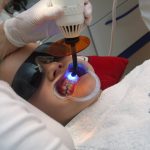How Long Until You Can Drink After Wisdom Teeth Removal: A Comprehensive Guide
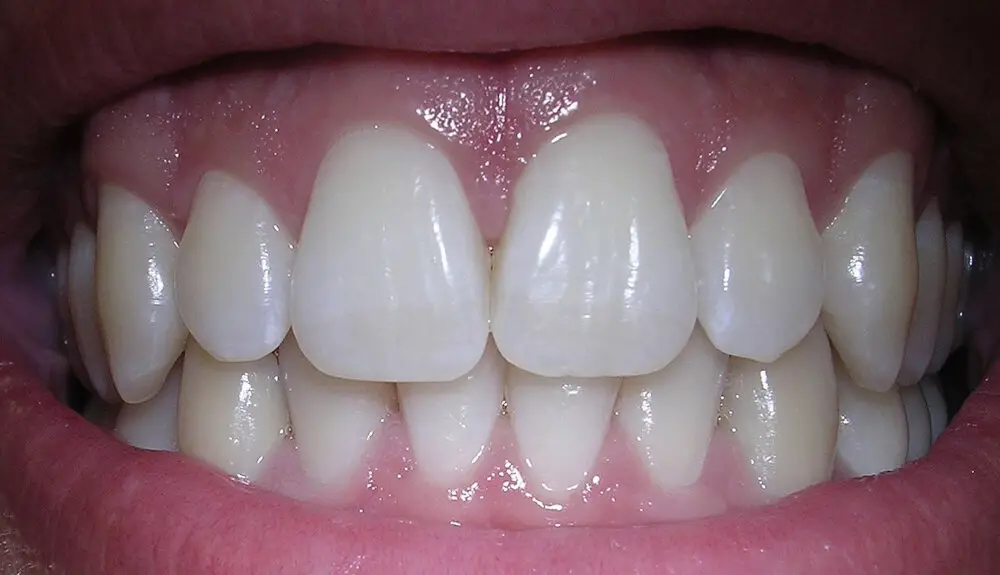
Wisdom teeth removal is a common dental procedure that most people undergo. The surgery involves extracting the third molars that grow at the back of the mouth. Although it is a routine procedure, it is still a form of surgery that requires proper aftercare to avoid complications. One of the most frequently asked questions by patients is about the timeline of when they can consume alcohol after wisdom teeth removal. This guide aims to provide a comprehensive answer to this question and help patients understand the importance of following their dentist’s post-operative instructions. After wisdom teeth removal, it is essential to be mindful of what you eat and drink to promote healing and prevent any possible complications. The extraction site can be susceptible to infection and other post-operative issues, and consuming alcohol can make the healing process more challenging. While there is no specific timeline, it is crucial to understand the factors that can affect when you can drink alcohol after wisdom teeth removal. This guide will explore those factors in-depth to help patients make informed decisions and promote a smooth and quick recovery.
Wisdom teeth removal is a common dental procedure that involves the extraction of one or more wisdom teeth from the back of the mouth. Wisdom teeth, also known as third molars, usually erupt between the ages of 17 and 25. However, not everyone develops wisdom teeth, and those who do may experience pain, infection, or other dental problems. Wisdom teeth removal is important because it can prevent these issues from occurring or getting worse. After the procedure, patients are advised to follow certain guidelines, such as avoiding alcohol and smoking, to ensure proper healing and minimize the risk of complications. Overall, wisdom teeth removal is a safe and effective way to improve oral health and prevent future dental problems.
The article titled \How Long Until You Can Drink After Wisdom Teeth Removal: A Comprehensive Guide,\ provides detailed information about the recovery process after wisdom teeth removal. It covers various aspects of the recovery process, such as what to expect, how to manage pain, what to eat, and when it is safe to resume normal activities such as drinking alcohol. The article emphasizes the importance of following the post-operative instructions provided by the dentist or oral surgeon to minimize the risk of complications. It also provides useful tips and advice on how to stay comfortable during the recovery period, including using ice packs, taking pain medication as prescribed, and avoiding certain foods that could irritate the surgical site. Overall, this article serves as a valuable resource for anyone who is preparing to undergo wisdom teeth removal surgery or is currently in the recovery phase.
Why You Can’t Drink Immediately After Wisdom Teeth Removal
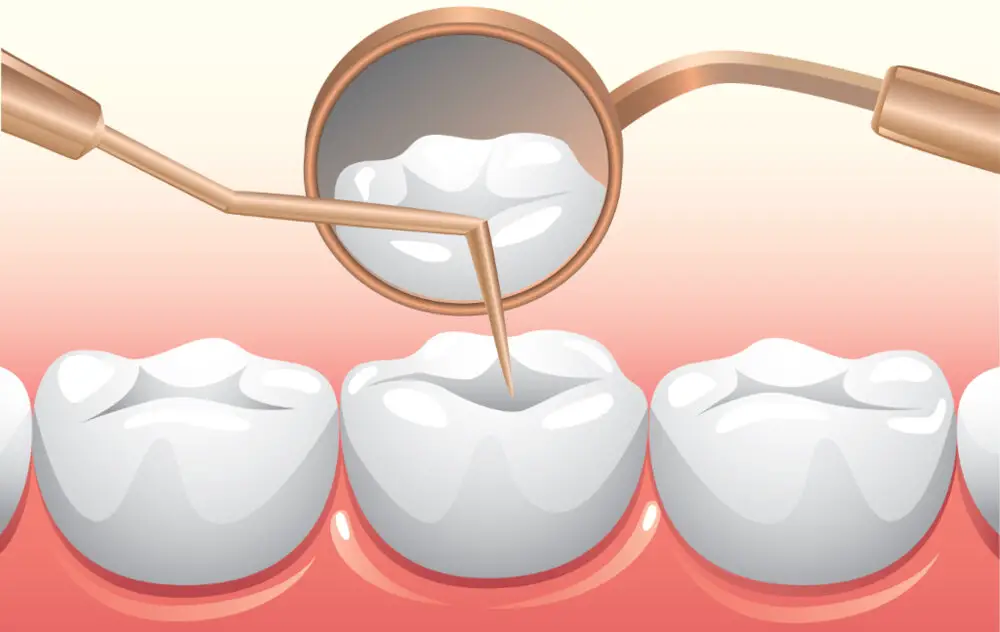
After undergoing wisdom teeth removal, it’s important to avoid drinking anything immediately after the procedure. Drinking fluids too soon can dislodge the blood clot that forms in the extraction site, leading to a painful condition called dry socket. This can prolong the healing process and cause significant discomfort. Therefore, it’s recommended to wait at least 24 hours before consuming any liquids. Moreover, drinking through a straw immediately after wisdom teeth removal can also be harmful. The suction created by the straw can dislodge the blood clot and increase the chances of developing dry socket. It’s best to avoid using straws for at least a week after the procedure to prevent any complications. It’s important to follow the post-operative instructions provided by your dentist to ensure a smooth and speedy recovery. Patience is key when it comes to drinking after wisdom teeth removal, and it’s important to wait until the appropriate time to prevent any setbacks in the healing process.
The healing process after wisdom teeth removal is a complex and intricate mechanism that involves several stages and relies on the body’s natural ability to repair and regenerate tissues. The first few hours after the procedure are crucial, as the body initiates the clotting process to stop bleeding and form a protective layer over the wound. Over the next few days, the swelling, pain, and discomfort will gradually subside as the immune system activates and fights off any potential infections. The final stage of healing involves the formation of new bone and gum tissues, which can take several weeks or even months to complete, depending on the individual’s health and adherence to post-operative instructions. Proper oral hygiene and a nutritious diet are essential to support the healing process and ensure a speedy and successful recovery.
Alcohol consumption can have a detrimental impact on the healing process after wisdom teeth removal. The presence of alcohol in the bloodstream can delay the body’s natural healing response, leading to prolonged recovery time and increased risk of complications. Additionally, alcohol can interfere with the effectiveness of pain medication, making it more difficult to manage post-operative discomfort. It is recommended that patients avoid alcohol for at least 24-48 hours after wisdom teeth removal to ensure proper healing and minimize the risk of complications.
Drinking too soon after wisdom teeth removal surgery can be risky and detrimental to the healing process. Alcohol can cause dehydration, which can delay the healing process and cause complications like dry socket. Additionally, alcohol can thin the blood and increase the risk of bleeding, which can lead to swelling, pain, and discomfort. The consumption of alcohol may also interact with pain medications and antibiotics, which can affect their effectiveness and potentially cause adverse reactions. It is essential to follow the aftercare instructions provided by the dentist or surgeon to ensure proper healing and avoid any potential risks associated with drinking too soon after the surgery.
When Can You Drink After Wisdom Teeth Removal?
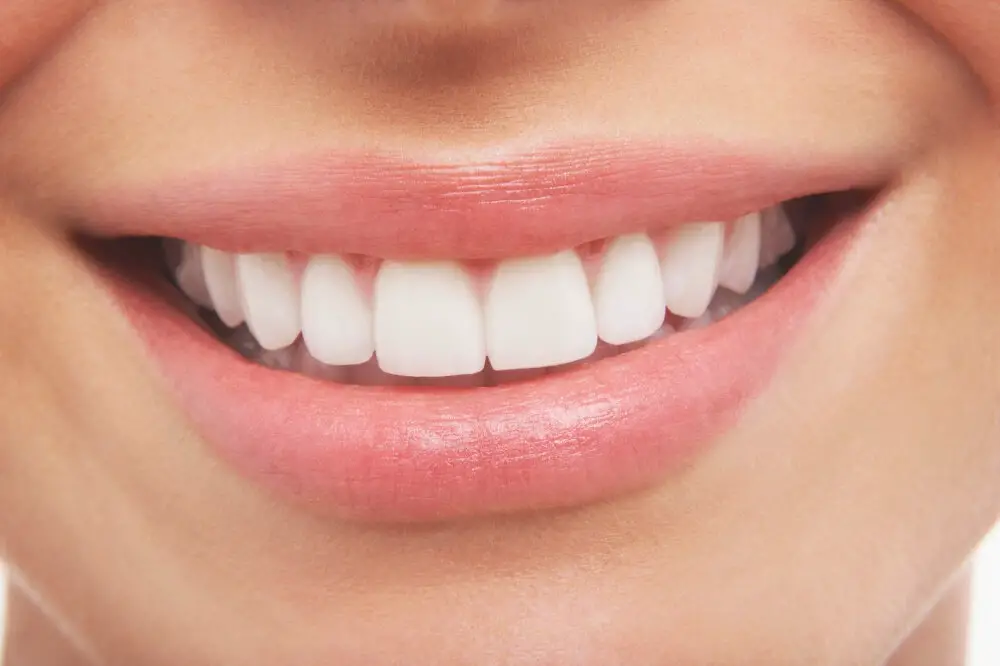
Wisdom teeth removal is a common dental procedure that many people undergo. One of the most frequently asked questions is when can you drink after wisdom teeth removal? The answer to this question depends on several factors such as the type of anesthesia used, the extent of the surgery, and the individual’s healing process. Generally, it is recommended to avoid drinking anything for at least 24 hours after the procedure to allow the blood clot to form properly and avoid dislodging it. After 24 hours, you can start drinking liquids, but it is essential to avoid using straws or spitting, as this can also dislodge the blood clot and delay the healing process. It is recommended to drink plenty of water to stay hydrated during the healing process, but avoiding hot, carbonated, or alcoholic beverages is crucial. These types of drinks can cause irritation and inflammation in the surgical area, which can prolong the healing process and increase the risk of complications. In addition to avoiding certain drinks, it is also essential to follow your dentist’s instructions on pain management and aftercare. Drinking alcohol after wisdom teeth removal can interfere with the medications prescribed to manage pain and increase the risk of bleeding and infection. Furthermore, smoking and using tobacco products can also delay the healing process and increase the risk of complications. It is crucial to maintain good oral hygiene and follow a soft food diet to avoid irritating the surgical site. By following these guidelines and taking care of yourself, you can ensure a smooth and speedy recovery after wisdom teeth removal.
After wisdom teeth removal, it is recommended to avoid drinking alcohol for at least 24 hours to allow the effects of anesthesia to wear off and prevent any potential complications. It is also important to avoid using straws or spitting, as this can dislodge the blood clot and delay the healing process. As for when it is safe to drink alcohol, it ultimately depends on how well the patient is healing and if they are taking any pain medications that may interact with alcohol. Generally, it is best to wait at least 48-72 hours before consuming alcohol and to do so in moderation. It is important to follow post-operative instructions provided by the oral surgeon or dentist to ensure a smooth and speedy recovery.
Several factors can significantly affect the timeline for drinking after wisdom teeth removal. Firstly, the extent of the surgical procedure performed on the tooth can influence the time it takes to heal. Secondly, the individual’s age, health status, and lifestyle can also determine the recovery period. Thirdly, following post-operative instructions and taking prescribed medications can significantly speed up or slow down the healing process. Fourthly, the types of food and drinks consumed during the recovery period can impact the timeline. Lastly, the level of oral hygiene maintained during the recovery period can also affect the healing timeline. Therefore it is crucial to follow the dentist’s instructions and maintain a healthy lifestyle to aid the healing process and reduce the timeline for drinking after wisdom teeth removal.
After wisdom teeth removal, it’s essential to take proper care of yourself to ensure a smooth recovery. Following the dentist’s instructions is crucial for a quick and painless recovery. You should avoid smoking, consuming alcohol, and using straws for at least 24-48 hours after surgery. To prevent bleeding, you should bite down on gauze pads for 30-45 minutes after surgery. Rinsing with saltwater several times a day can also help reduce swelling and discomfort. Eating soft foods and drinking plenty of fluids is also necessary to avoid complications. It’s also essential to avoid physical activities that may cause pressure on the surgical site and to take prescribed medications as directed. By following these tips, you can ensure a speedy and hassle-free recovery after wisdom teeth removal.
What Types of Drinks Are Safe After Wisdom Teeth Removal?
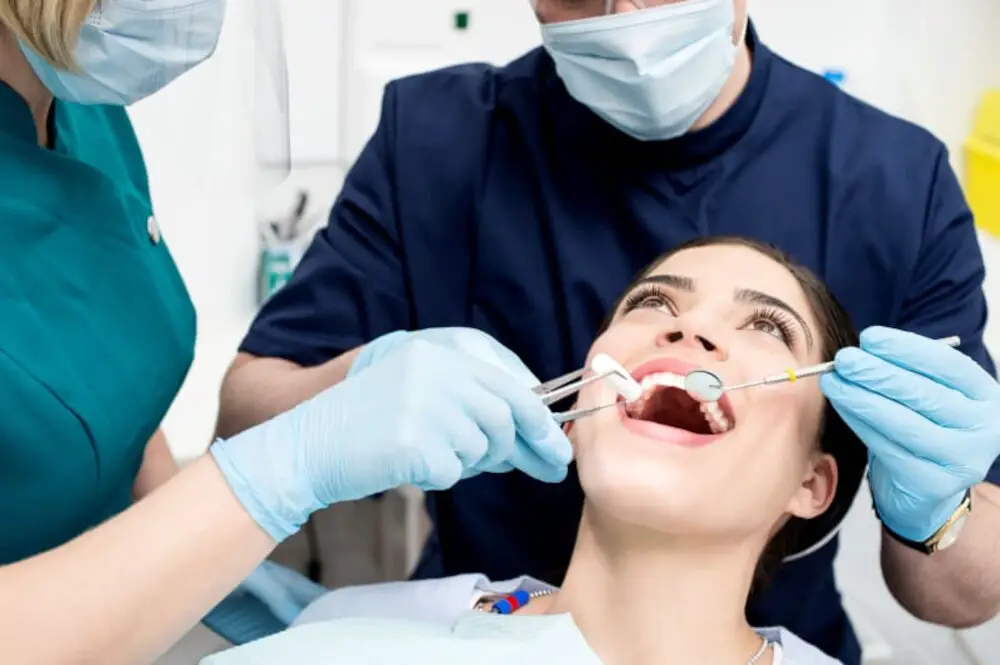
After wisdom teeth removal, it is important to maintain a soft food diet and avoid hot, spicy, or crunchy foods for at least the first few days. When it comes to drink choices, it is recommended to stick to cool or room temperature beverages that are easy to swallow and won’t irritate the surrounding tissues. Water is the best choice as it will keep you hydrated and help flush out any bacteria that may be present in your mouth. You can also try drinking coconut water, which is rich in electrolytes and can help reduce inflammation. Other safe options include fruit juices, smoothies, and milkshakes, but be sure to avoid using a straw as the suction can dislodge the blood clot and delay the healing process. If you’re looking for a warm beverage, consider drinking tea that has been cooled down to room temperature. Chamomile tea is a great option as it has anti-inflammatory properties that can help reduce swelling and pain. You can also try green or peppermint tea, which can help freshen your breath and soothe your stomach. However, be sure to avoid adding any sweeteners or milk as they can increase the risk of infection and delay the healing process. It’s important to remember that every individual’s healing process is different, so it’s best to consult with your dentist or oral surgeon before consuming any beverages after wisdom teeth removal.
After wisdom teeth removal, it is essential to take care of your oral health and avoid consuming drinks that may cause pain or complications. The safest types of drinks to consume after wisdom teeth removal are water, natural juices, milk, and tea without sugar or milk. These drinks do not contain carbonation, caffeine, or alcohol, and they do not require excessive chewing or use of a straw, which may cause dry sockets or irritation. Additionally, it is advisable to avoid acidic drinks such as citrus juices, which can irritate the surgical area and prolong the healing process. Overall, it is essential to follow your dentist’s instructions and take proper care of your oral health to ensure a smooth and speedy recovery.
Avoiding straws is crucial after wisdom teeth removal because it can cause dry sockets, which can be extremely painful. When you use a straw, you create suction that can dislodge the blood clot that has formed in the socket where your tooth was removed. Without this clot, the nerves and bone in the socket are exposed to air, food particles, and bacteria, which can lead to infection and slow down the healing process. It’s essential to avoid using straws for at least a week after your wisdom teeth removal to ensure proper healing and avoid any complications. Instead, opt for drinking from a cup or using a spoon to sip liquids.
Potential Complications of Drinking Too Soon After Wisdom Teeth Removal
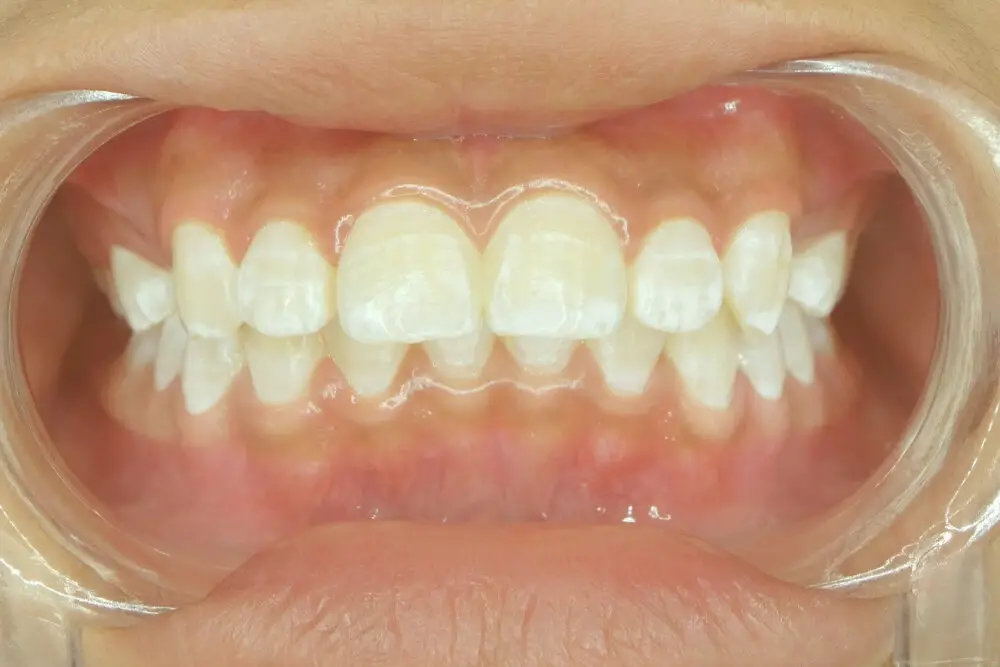
When it comes to wisdom teeth removal, it’s essential to follow your dentist’s post-operative instructions to avoid any complications. One of the most common complications that can arise is drinking too soon after the procedure. Drinking alcohol, carbonated beverages, or using a straw can cause a painful dry socket, which occurs when the blood clot that forms in the socket where the tooth was removed dislodges or dissolves, leaving the underlying bone and nerves exposed. This can lead to severe pain, bad breath, and an unpleasant taste in your mouth. To avoid dry socket, it’s best to avoid drinking anything for the first 24 hours after the procedure and then stick to soft foods and avoid any hard or crunchy foods that could irritate the extraction site. Another potential complication of drinking too soon after wisdom teeth removal is prolonged bleeding. Alcohol can increase blood pressure, which can cause prolonged bleeding from the extraction site. Moreover, carbonated beverages can create gas in the stomach, which can increase pressure in the mouth and cause bleeding. To prevent prolonged bleeding, it’s best to avoid drinking alcohol, carbonated beverages, and hot liquids for the first 24 hours after the procedure. Instead, drink plenty of water to stay hydrated and help your body heal. If you experience prolonged bleeding or severe pain after drinking, contact your dentist immediately to prevent any further complications.
Wisdom teeth removal is a common dental procedure, but it does carry certain risks and potential complications. One of the most common risks is infection, which can occur if bacteria enter the extraction site. This can lead to swelling, pain, and even more serious complications like fever and difficulty breathing. Another potential complication is dry socket, which happens when the blood clot that forms in the extraction site is dislodged, exposing the underlying bone and nerves. This can cause intense pain and delay healing. Other risks include nerve damage, bleeding, and damage to surrounding teeth and gums. It is important to follow your dentist’s aftercare instructions carefully and seek medical attention if you experience any unusual symptoms.
Alcohol consumption can have a significant impact on the healing process after wisdom teeth removal. It can slow down the recovery process by interfering with the body’s natural healing mechanisms. Alcohol is a blood thinner that can increase the risk of bleeding and delay the formation of blood clots, which are crucial for the healing process. Additionally, alcohol can cause dehydration, which can lead to dry socket, a painful condition that occurs when the blood clot is dislodged from the socket. It’s recommended to avoid alcohol consumption for at least 24 hours after surgery and to wait until the healing process is complete before drinking again.
Avoiding complications after wisdom teeth removal is crucial for a smooth recovery process. Firstly, it’s essential to follow the post-operative instructions provided by your dentist or oral surgeon, such as avoiding solid foods, smoking, and drinking through a straw. Additionally, maintaining good oral hygiene by gently brushing and rinsing with warm salt water can prevent infections and complications in the healing site. It’s also recommended to take prescribed pain medications as directed and avoid strenuous physical activity for at least 24 hours after the surgery. By following these simple steps, you can reduce the risk of complications and ensure a quick and comfortable recovery after wisdom teeth removal.
In summary, the recovery period after wisdom teeth removal can be anywhere from a few days to a few weeks depending on various factors such as the complexity of the extraction and the individual’s healing process. It is important to follow the post-operative instructions given by the dentist or oral surgeon, which may include avoiding alcohol for at least 24 hours and up to a week after the procedure. Drinking alcohol during the recovery period can increase the risk of bleeding, delayed healing, and other complications. Patients should also avoid smoking, using straws, and consuming hot or spicy foods during this time. It is crucial to allow the body to heal properly to avoid further discomfort and ensure a successful recovery.
In conclusion, wisdom teeth removal is a common dental procedure that requires careful post-operative care to ensure a smooth and speedy recovery. It is crucial to avoid drinking alcohol for at least 24 to 48 hours after the surgery, as it can interfere with the healing process and increase the risk of complications. It is also important to stay hydrated and maintain a soft-food diet for the first few days. If you experience any severe pain, swelling, or bleeding, contact your dentist immediately. Follow these guidelines and recommendations to make your recovery process more comfortable, faster, and avoid any potential complications.
Conclusion
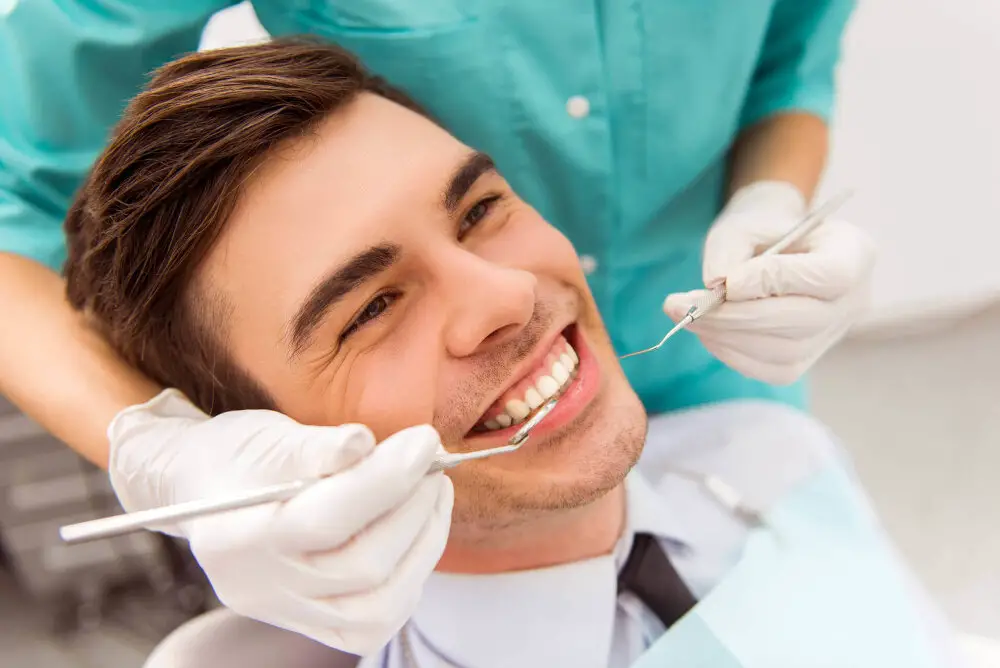
In conclusion, post-operative care after wisdom teeth removal is crucial to ensure a smooth and quick recovery. While it’s natural to crave a drink after the procedure, it’s important to wait until your body has fully healed before indulging. Following the guidelines provided by your dentist or oral surgeon, including avoiding alcohol for at least 24-48 hours post-surgery, can help prevent complications such as dry socket and ensure optimal healing. Additionally, maintaining good oral hygiene practices and sticking to a soft food diet can help speed up the healing process. Remember, patience is key when it comes to recovering from wisdom teeth removal, and by following the proper post-operative care instructions, you’ll be able to enjoy a drink again in no time.
